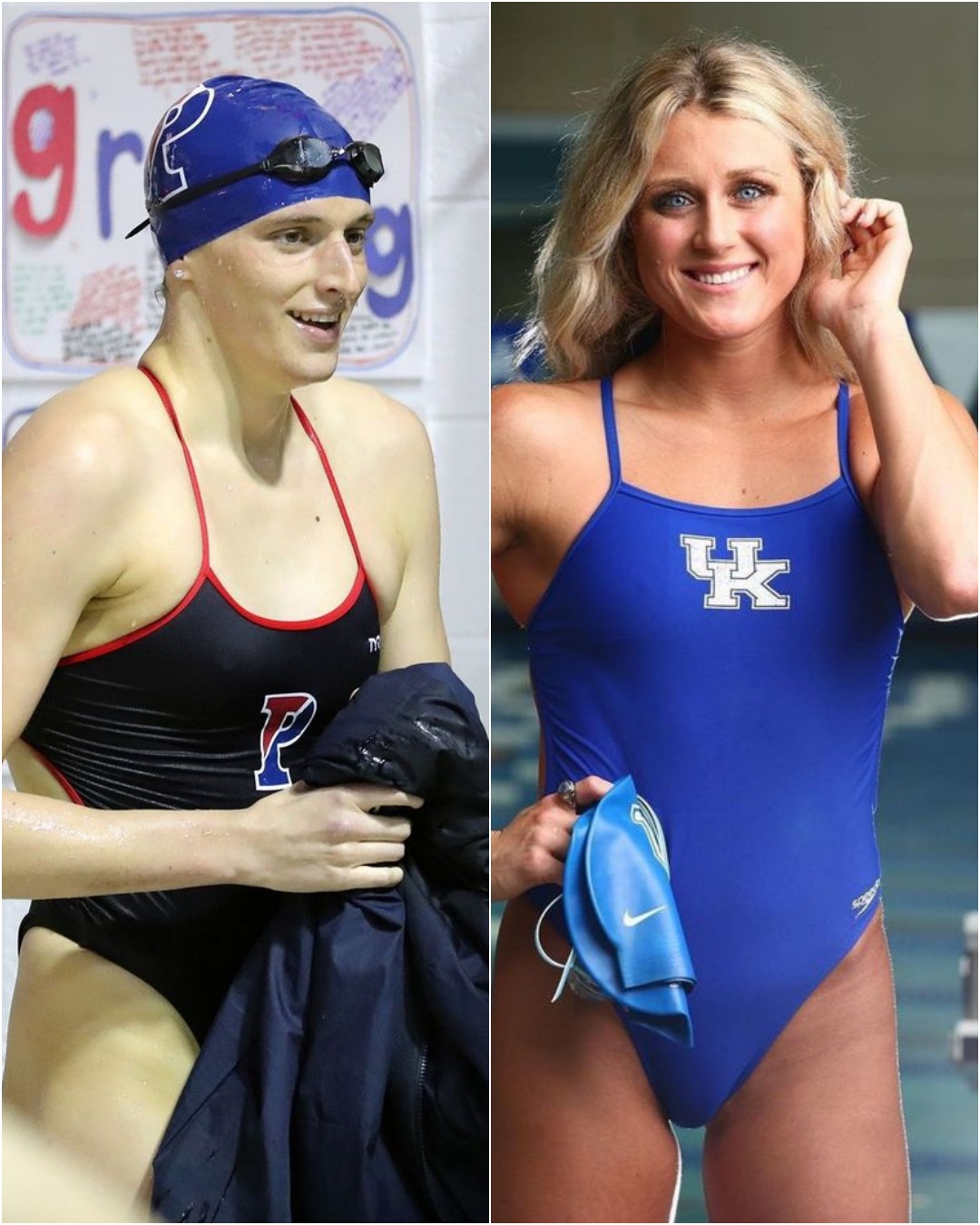
NCAA’s 2025 Transgender Policy and the Lia Thomas Medal Myth

In February 2025, the NCAA introduced a controversial policy barring transgender women—athletes assigned male at birth—from competing in women’s college sports, limiting women’s categories to those “assigned female at birth.” This decision, coupled with a debunked claim about reassigning awards from transgender swimmer Lia Thomas to Riley Gaines, has reignited debates about fairness, inclusion, and misinformation in collegiate athletics. As Lia Thomas remains a pivotal figure in this evolving narrative, separating fact from fiction is crucial to understanding the NCAA’s stance and its impact.
Lia Thomas: A Polarizing Pioneer
Lia Thomas, a University of Pennsylvania swimmer, made history in 2022 as the first openly transgender woman to win an NCAA Division I title in the 500-yard freestyle. After competing on the men’s team for three years, Thomas began hormone replacement therapy in 2019, took a year off, and joined the women’s team for the 2021-2022 season. Her success, including a fifth-place tie with Riley Gaines in the 200-yard freestyle, sparked intense scrutiny. Critics argued that transgender women retain physical advantages from male puberty, such as muscle mass, even after hormone therapy. Supporters emphasized inclusion, highlighting Thomas’ right to compete as a woman and the personal challenges of her transition.
The NCAA’s 2025 Policy: A Sharp Turn
On February 6, 2025, the NCAA announced a policy overhaul that excludes transgender women from women’s sports, reversing earlier guidelines that permitted participation after a year of testosterone suppression. Transgender women can still practice with women’s teams and access benefits like medical care but are restricted to men’s or mixed categories for competition. The NCAA cited “fairness and integrity” as the rationale, responding to concerns from athletes, coaches, and policymakers about competitive equity. This aligns with similar bans by World Aquatics and USA Swimming, reflecting a broader trend in sports governance.
Debunking the Medal Reallocation Myth
Amid this policy shift, a false claim emerged, alleging the NCAA would transfer awards from Lia Thomas to Riley Gaines. The claim, which gained traction during a December 2024 congressional hearing on transgender athletes, originated from a satirical article on SpaceXMania, a self-described purveyor of “fake news” and satire. Social media posts amplified the story, with one Facebook post garnering over 3,500 reactions by mid-December. The posts falsely suggested the NCAA acknowledged a “mistake” in Thomas’ 2022 awards.
The Associated Press debunked this, confirming with NCAA spokesperson Greg Johnson that Thomas and Gaines tied for fifth in the 200-yard freestyle at the 2022 NCAA Championships, and the results are final. Notably, the NCAA awarded trophies, not medals, for these events. Thomas’ 500-yard freestyle victory, where Gaines did not compete, remains unaffected. The misinformation highlights the challenges of navigating emotionally charged debates, where satire can be mistaken for fact.
Fairness vs. Inclusion: A Persistent Divide
The NCAA’s policy and the debunked claim underscore the tension between fairness and inclusion. Advocates for the ban argue that biological differences, like strength or speed, persist post-transition, potentially skewing women’s competitions. Data from 2023 suggested Thomas had a 7% speed advantage over female swimmers, fueling calls for exclusion. Conversely, inclusion advocates argue that barring transgender women is discriminatory, denying them authentic participation. They note that hormone therapy reduces advantages over time, though variably, and stress sports’ role in fostering personal growth.
Impact on Athletes and the Future
For Lia Thomas, the 2025 policy ends any prospect of competing in women’s collegiate swimming, though her 2022 titles stand. Her ongoing legal challenges, including a 2024 case against World Aquatics’ ban, signal continued advocacy for inclusion. The policy affects all transgender women in NCAA sports, potentially discouraging participation or forcing them into men’s categories, which may not align with their identity. This could reshape team dynamics and recruitment.
The false medal claim, meanwhile, illustrates how misinformation can amplify divisions. As Riley Gaines, a vocal critic of transgender inclusion, testified at the 2024 hearing, the narrative of “stolen” awards resonated with some, despite being untrue. The NCAA’s policy, while aiming for clarity, risks alienating transgender athletes and their allies, with possible legal challenges under Title IX looming.
Navigating a Complex Landscape
The NCAA’s 2025 policy and the Lia Thomas medal myth reflect a broader struggle to balance competitive fairness with inclusivity. As sports adapt to evolving understandings of gender, Lia Thomas’ legacy—as both a champion and a catalyst—endures. While the policy sets a firm boundary, the conversation is far from over, with truth and empathy needed to bridge divides.














